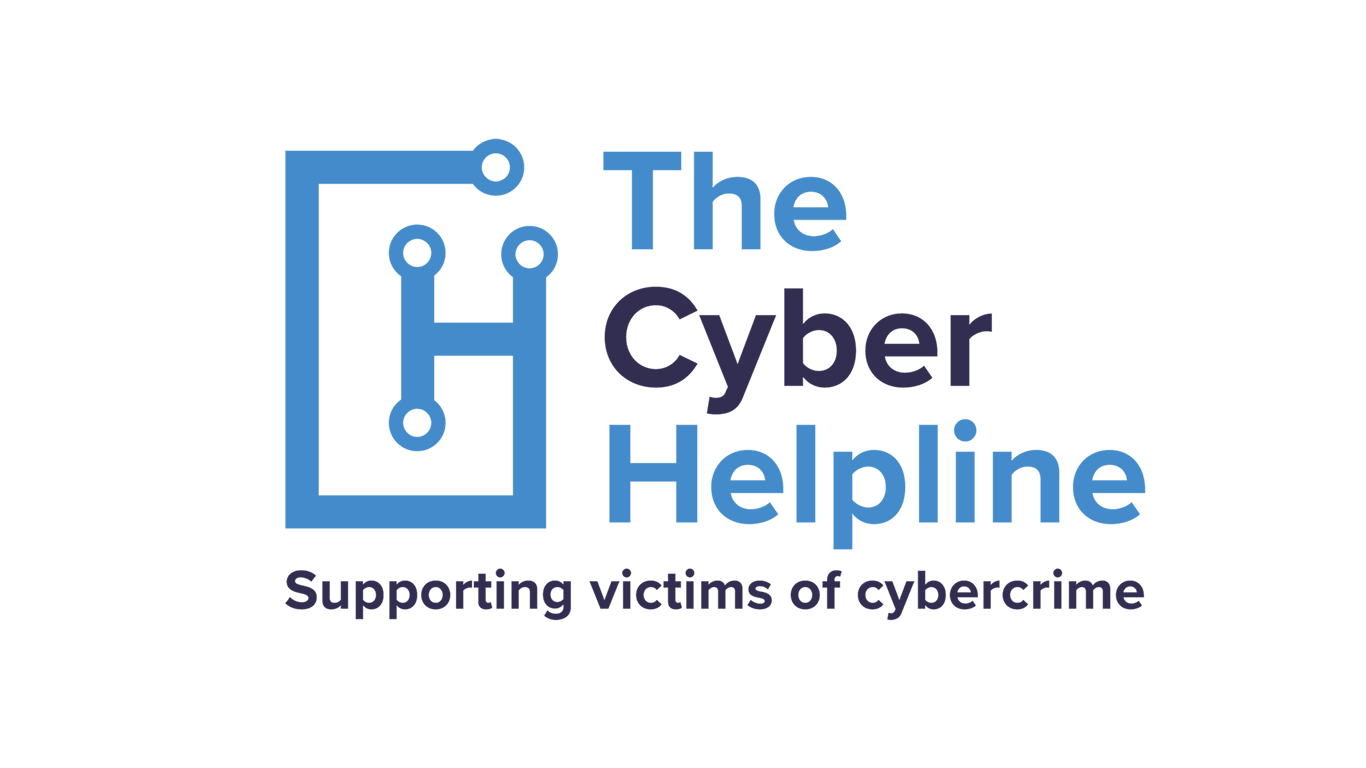Santander Reveals Almost £50,000 Handed To Beauty...
- 10.12.2025 01:11 pm
Experian Acquires KYC360 to Boost Fraud and Financial...
- 28.10.2025 11:35 am
Mastercard Partnered with Recorded Future
- 28.10.2025 08:10 am
Businesses Should Prepare for Cyber-Attacks Amid Sharp...
- 20.10.2025 04:55 pm
BingX Achieves ISO 27001 Certification, Setting the...
- 20.10.2025 04:25 pm
Fraud Costs Businesses Nearly 8% of Their Equivalent...
- 09.10.2025 08:20 am
Four in Five Brits Expect Bank Fraud and Cyber-Attacks...
- 08.10.2025 09:55 am
APIs Become Primary Target for Cybercriminals: Over 40...
- 15.09.2025 10:55 am
S-RM Announces New Partnership With RingStone to...
- 04.09.2025 10:35 am
CyberCube Launches Exposure Manager, Enabling a New...
- 02.09.2025 12:55 pm
Zimperium Discovers New Hook Banking Trojan Variant...
- 26.08.2025 01:55 pm
Incode Joins Experian Partner Ecosystem Strengthening...
- 26.08.2025 09:55 am






















